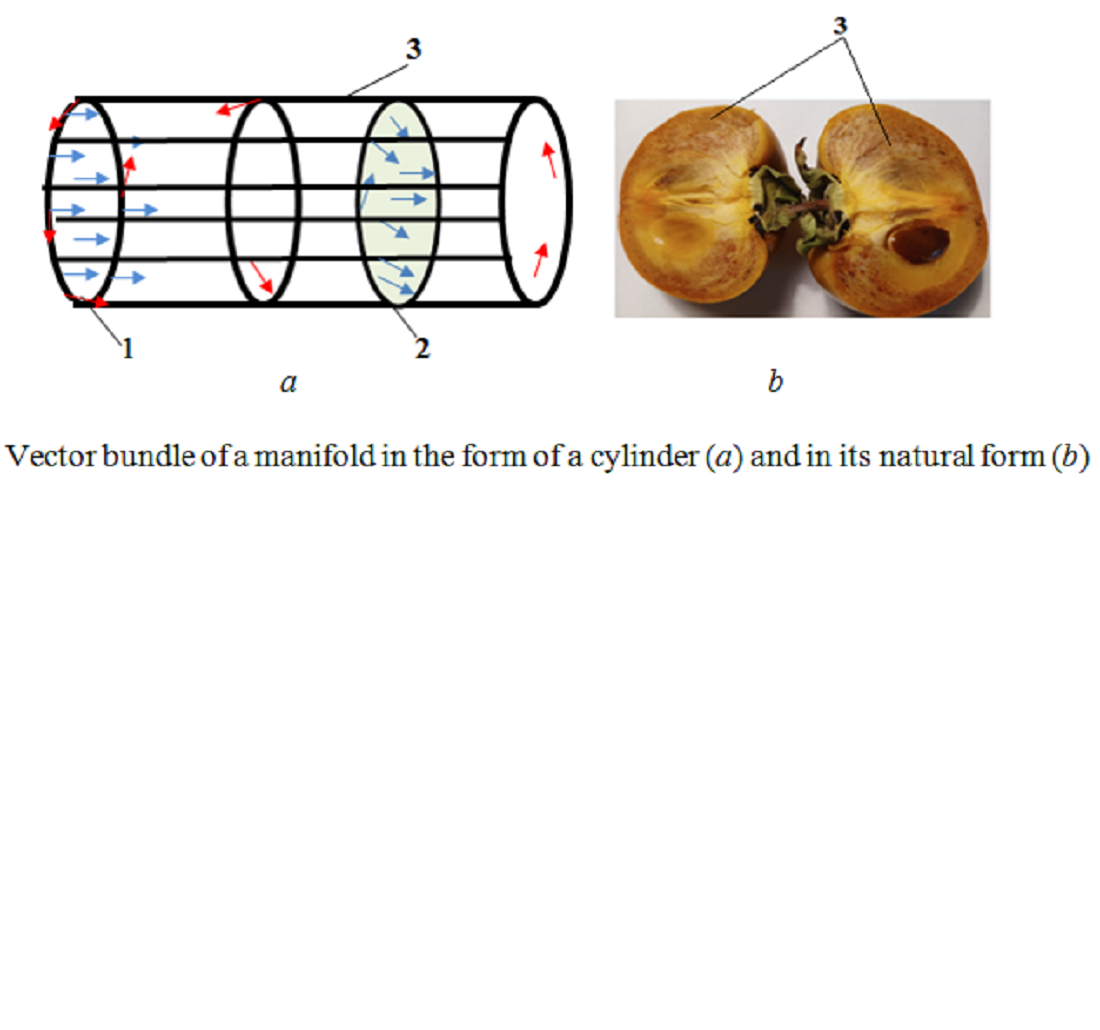Оцінка ступеня достиглості плодів східної хурми (Diospyros kaki L.) за тензорним напруженням
DOI:
https://doi.org/10.15587/1729-4061.2024.313892Ключові слова:
пенетрометр, в'яжучий смак, твердість, різноманіття, тензори напруженьАнотація
Об'єктом дослідження є плоди хурми, які займають важливе місце серед субтропічних культур і мають широкі перспективи розвитку. Оскільки ці плоди важко піддаються технологічній обробці, їх переважно використовують у свіжому вигляді. Корисність цих плодів пов'язана з їх хімічним складом. До цього складу входять біологічно активні речовини, мікроелементи, різні моно- та полісахариди, насичені та ненасичені жирні кислоти тощо. Складність технологічної обробки плодів хурми обумовлена їх в'яжучим смаком, який визначається кількістю поліфенольних сполук.
Загалом, міцність сировини проявляється не тільки в ступені достиглості, а й у її технологічних процесах переробки, які є об'єктом дослідження. З цієї точки зору твердість плодів хурми виступає як предмет вивчення. Дані про властивості плодів та овочів, пов'язані з напружено-твердим станом, є вирішенням проблем, що виникають при розширенні асортиментів готових продуктів. Наприклад, встановлено, що на стадії товарної достиглості твердість плодів хурми становить не більше 12,3 кг/см². І цей показник з часом знижується до 1,5–2,0 кг/см². Відповідно, розширюється можливість використання плодів для виробництва різноманітних продуктів харчування.
Дослідження сировини за закономірностями фізики твердого тіла пояснюється її полімерною структурою. Отже, дозрівання сировини залежить від мономеризації цієї структури. Під час такого розпаду створюються умови для з'єднання різних мономатеріалів, наприклад, у плодах хурми відбувається з'єднання монофенолів із моносахаридами, результатом якого є зменшення або зникнення терпкого смаку сировини. Тому визначення ступеня достиглості сировини за зміною напруження дозволить завчасно передбачити її руйнування

##submission.downloads##
Опубліковано
Як цитувати
Номер
Розділ
Ліцензія
Авторське право (c) 2024 Melahet Ismayilova, Mushfiq Khalilov, Maryam Mammadaliyeva, İlhama Kazimova, Sevinj Maharramova, Afet Gasimova

Ця робота ліцензується відповідно до Creative Commons Attribution 4.0 International License.
Закріплення та умови передачі авторських прав (ідентифікація авторства) здійснюється у Ліцензійному договорі. Зокрема, автори залишають за собою право на авторство свого рукопису та передають журналу право першої публікації цієї роботи на умовах ліцензії Creative Commons CC BY. При цьому вони мають право укладати самостійно додаткові угоди, що стосуються неексклюзивного поширення роботи у тому вигляді, в якому вона була опублікована цим журналом, але за умови збереження посилання на першу публікацію статті в цьому журналі.
Ліцензійний договір – це документ, в якому автор гарантує, що володіє усіма авторськими правами на твір (рукопис, статтю, тощо).
Автори, підписуючи Ліцензійний договір з ПП «ТЕХНОЛОГІЧНИЙ ЦЕНТР», мають усі права на подальше використання свого твору за умови посилання на наше видання, в якому твір опублікований. Відповідно до умов Ліцензійного договору, Видавець ПП «ТЕХНОЛОГІЧНИЙ ЦЕНТР» не забирає ваші авторські права та отримує від авторів дозвіл на використання та розповсюдження публікації через світові наукові ресурси (власні електронні ресурси, наукометричні бази даних, репозитарії, бібліотеки тощо).
За відсутності підписаного Ліцензійного договору або за відсутністю вказаних в цьому договорі ідентифікаторів, що дають змогу ідентифікувати особу автора, редакція не має права працювати з рукописом.
Важливо пам’ятати, що існує і інший тип угоди між авторами та видавцями – коли авторські права передаються від авторів до видавця. В такому разі автори втрачають права власності на свій твір та не можуть його використовувати в будь-який спосіб.









